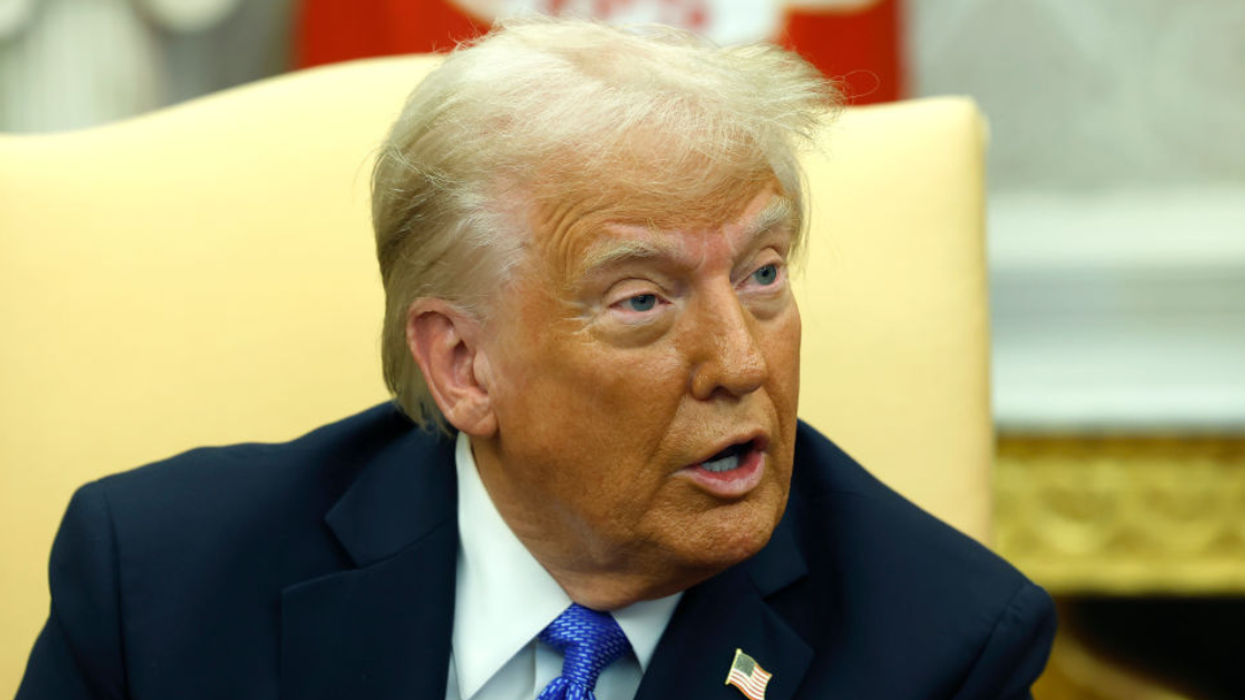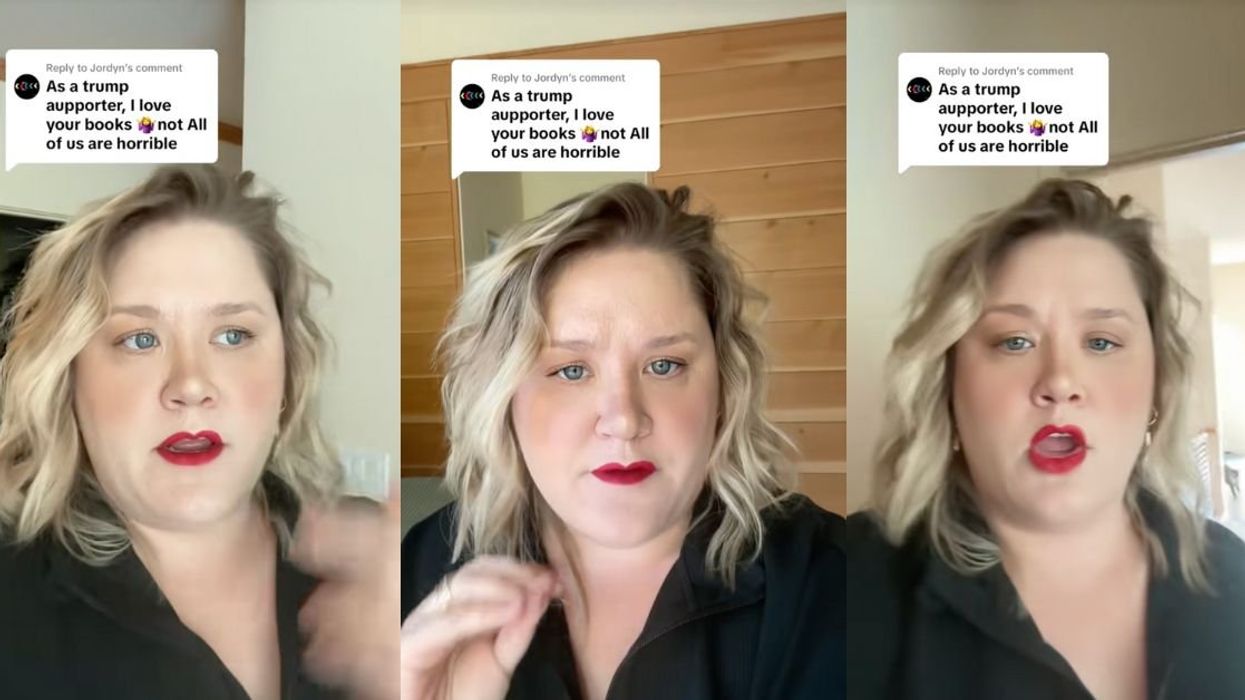Trump administration officials have been called out after reportedly considering banning the 41 million Americans who use SNAP benefits from purchasing "junk food," sparking a heated debate on social media.
Efforts to prohibit sugary drinks, candy, and similar items from the U.S. program that helps low-income families buy nutritious food have been attempted before but the administration has revived interest.
Robert F. Kennedy Jr., the recently confirmed Health and Human Services secretary, and Brooke Rollins, the new Department of Agriculture secretary, have both indicated support for removing these items from SNAP, the Supplemental Nutrition Assistance Program.
Kennedy has been especially outspoken, urging the government to stop allowing the nearly $113 billion program, which serves about 42 million Americans, to cover the cost of “soda or processed foods.”
But restricting certain foods from SNAP is more complicated than it might seem.
Last year, SNAP benefits helped 41 million people access food, with families with children making up 62% of recipients. In 2024, the average monthly benefit was $192 per household member. Under the federal Food and Nutrition Act of 2008, SNAP benefits cannot be used for alcohol, tobacco, or hot meals.
A 2024 report from the U.S. Department of Agriculture, which oversees SNAP, revealed spending patterns between SNAP and non-SNAP households. It found that 26% of expenditures in SNAP households went toward candy and sweets, compared to 30.5% in non-SNAP households.
When it came to sweetened beverages, SNAP households spent 61% of their beverage budget on them, compared to 51% for non-SNAP households.
To exclude any additional foods, Congress would need to amend the law — or states would have to obtain waivers permitting them to limit purchases. Over the past two decades, lawmakers in several states have suggested banning SNAP purchases of items like bottled water, soda, chips, ice cream, decorated cakes, and so-called “luxury meats” like steak.
Many have characterized the move as excessive government overreach and explained why it's problematic.
Others have signaled an openness to reform, suggesting it would improve health outcomes.
The House’s broad budget proposal aimed at advancing President Donald Trump’s agenda could lead to significant cuts to Medicaid and food stamps, creating a tough political situation for some Republicans ahead of an expected vote next week in the closely divided chamber.
According to an NBC News analysis of the most recent Census Bureau data, several House Republicans represent areas with a large portion of residents relying on government assistance through Medicaid and SNAP.
While Democrats represent more districts with the highest numbers of adults receiving federal aid, the reliance on anti-poverty programs in some GOP-held districts could put pressure on Republicans pushing for deep spending cuts.








 @nulllnvoidd/TikTok
@nulllnvoidd/TikTok @warrent711/TikTok
@warrent711/TikTok @terrance.n1/TikTok
@terrance.n1/TikTok @slghtr9/TikTok
@slghtr9/TikTok @itsmittymoon/TikTok
@itsmittymoon/TikTok @kokoanddaisy/TikTok
@kokoanddaisy/TikTok @jdr1959/TikTok
@jdr1959/TikTok @mandy24787/TikTok
@mandy24787/TikTok @crilan2015/TikTok
@crilan2015/TikTok @orutisu88/TikTok
@orutisu88/TikTok







 @PreetBharara/X
@PreetBharara/X @RepBrendanBoyle/X
@RepBrendanBoyle/X @twesq/Bluesky
@twesq/Bluesky @christopherharris/Bluesky
@christopherharris/Bluesky @evangelinewarren/X
@evangelinewarren/X